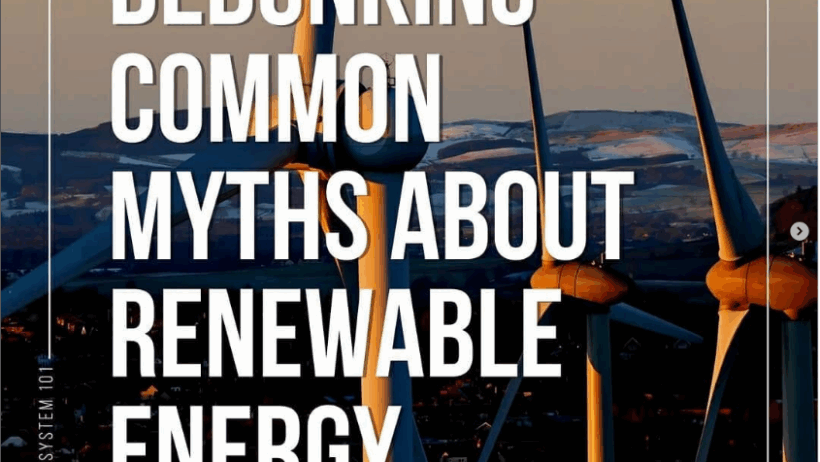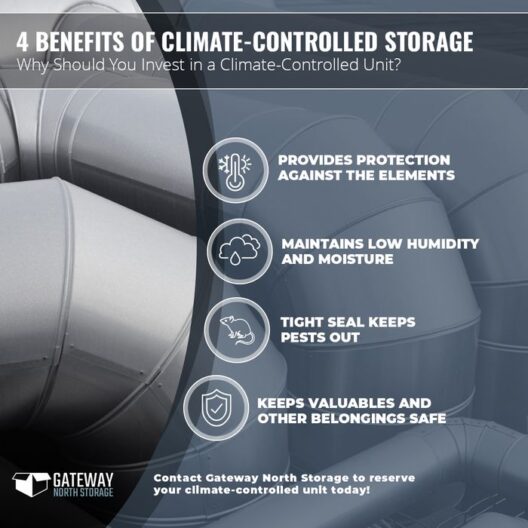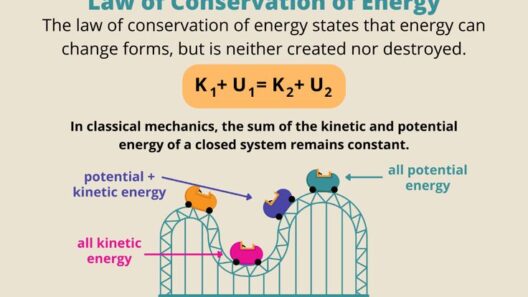In an era marked by an increasing awareness of environmental sustainability, the quest for energy conservation has become a crucial focus for individuals and organizations alike. One of the most pervasive subjects in this discourse is the allure surrounding energy-conserving oils. Yet, amidst sales pitches and advertising jargon, it is essential to dissect what these products are—and what they are not. This exploration dovetails into a broader conversation about the myths that often shroud the notion of energy conservation, particularly within the realm of oils marketed as energy-efficient.
Understanding Energy-Conserving Oils
Energy-conserving oils are typically marketed as formulations that optimize engine performance while allegedly reducing energy consumption. They are designed for use in various internal combustion engines, promising better fuel efficiency, enhanced mechanical function, and a reduction in greenhouse gas emissions. However, the inherent understanding of what constitutes “energy” must first be clarified to engage critically with such claims.
The Dichotomy of Energy and Conservation
Firstly, it is crucial to differentiate between energy and the substances that claim to conserve it. Energy, in its most concrete form, refers to the capacity to perform work, manifested in electricity, kinetic movement, or thermal heat. Oils, therefore, cannot be classified as energy sources themselves. Instead, they function as mediums through which energy—already present in fuel—is harnessed and managed. This pivotal distinction establishes the groundwork for examining the myths associated with energy-conserving oils.
Myth #1: Energy-Conserving Oils Eliminate Energy Waste
One prevalent myth suggests that energy-conserving oils effectively eradicate energy waste within an engine. While it is true that high-quality lubricants can minimize friction and optimize engine efficiency, they do not negate the fundamental energy losses inherent in internal combustion engines. Energy escape routes—be it through heat dissipation or mechanical friction—remain present regardless of oil quality. This myth becomes especially problematic when consumers develop unrealistic expectations surrounding performance levels, assuming that the mere use of such oils translates into substantial energy savings.
Myth #2: All Engine Oils are Created Equal
A second misconception is that all engine oils possess similar energy-conserving properties. This could not be further from reality. The automotive oil space is characterized by a myriad of formulations, additives, and viscosity grades. Synthetic oils, for instance, can provide superior performance metrics compared to conventional mineral oils. However, some synthetics do not carry an energy-conserving designation, which indicates a specific capability to enhance fuel economy. Consumers often lack the knowledge to discern these differences, thus leading to an oversimplification of the oil market.
Myth #3: Energy-Conserving Oils Always Save Money
The prospect of financial savings is a tantalizing one. Many advertisements claim that using energy-conserving oils results in decreased fuel costs. However, while these oils may indeed enhance engine efficiency, the initial investment is often juxtaposed against long-term benefits. The question arises: do the savings in fuel costs outweigh the higher price point of these specialized oils? In many instances, one might find that the cost-effectiveness of these oils does not yield the dramatic results that marketing suggests.
Myth #4: Oils Can Compensate for Inefficient Driving Habits
There exists a deeply rooted belief that the utilization of energy-conserving oils can somehow offset poor driving habits or vehicle neglect. This notion is fundamentally flawed. Conservation starts with driver behavior—smooth acceleration, consistent speeds, and regular vehicle maintenance are essential aspects of efficiency. While the right oil can bolster performance, it cannot compensate for fundamental inefficiencies resultant from aggressive driving or lack of maintenance. Relying solely on specialized products, without understanding the importance of driving habits, can lead to disillusionment.
Myth #5: The Industry is Transparent About Energy-Conserving Properties
Lastly, transparency within the industry remains a critical issue. The marketing of energy-conserving oils often lacks clarity, leaving consumers navigating a muddled landscape of jargon and claims. The interplay between oil composition, engine performance, and environmental benefits is complex, yet consumers are frequently inundated with simplistic narratives that fail to provide comprehensive information. This lack of transparency perpetuates confusion and can inhibit informed decision-making regarding energy conservation.
The Road Ahead: Empowering Knowledge and Practices
In conclusion, the examination of energy-conserving oils reveals a plethora of misconceptions that warrant attention. As environmental advocates strive for energy efficiency, it is vital to demystify the narratives surrounding these products. Empowering individuals with accurate information is paramount; an informed consumer is more likely to make decisions that genuinely contribute to energy conservation. Additionally, embracing holistic approaches to energy conservation that encompass driver education and vehicle maintenance will further enhance efficiency and sustainability efforts.
Energy conservation is not solely a matter of choosing the right products; it encompasses a broader commitment to mindful consumption and responsible practices. As we navigate this complex landscape, one must remain vigilant, discerning, and informed, ready to challenge misleading claims and empower sustainable actions in our daily lives.







